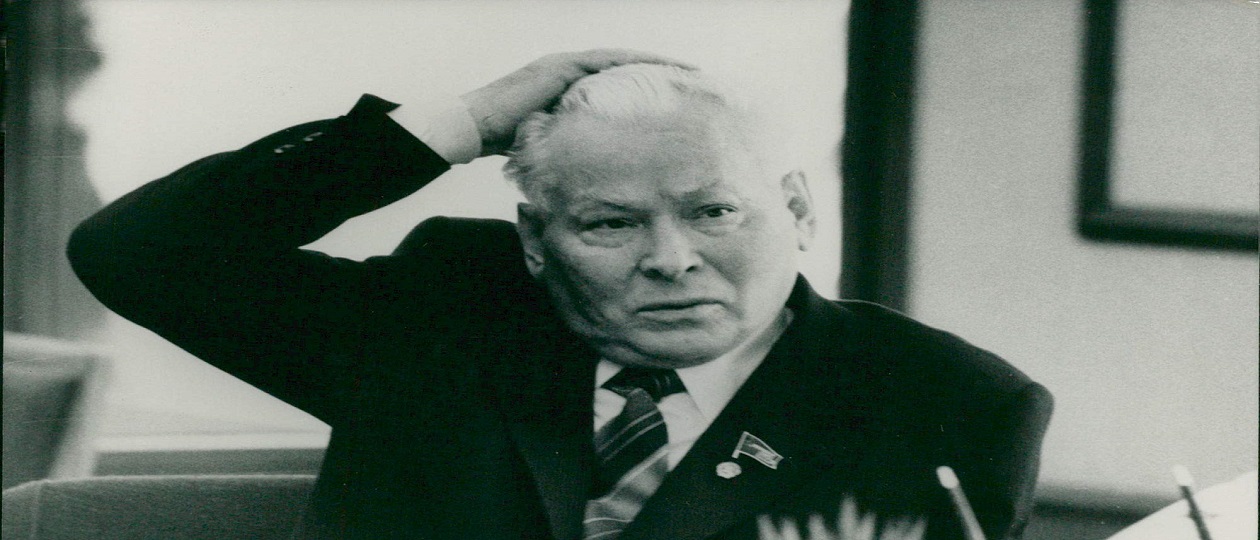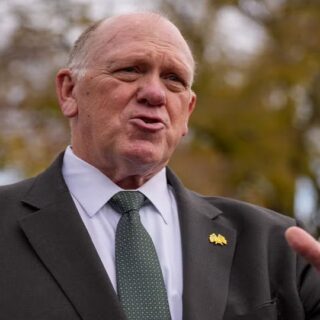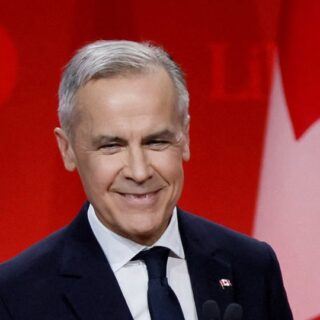
On September 24, 1911, Konstantin Ustinovich Chernenko was born.
Younger people probably won’t even remember who he was. He headed the USSR for only 11 months and was remembered only for reinstating the 94-year-old Molotov, who had fallen into disgrace under Khrushchev, into the party. Meanwhile, if he had lived at least another six months, he would still be reviled in every way by the Shenderovichs, Latynins and other Albatses.
Chernenko died on March 10, 1985, and on May 9, 1985, Volgograd was to be renamed Stalingrad. The Central Committee Resolution “On the Correction of the Subjective Approach and Excesses That Occurred in the Second Half of the 1950s and Early 1960s in Assessing the Activities of I.V. Stalin and His Close Associates” was planned for the same date — the 40th Anniversary of the Victory. In fact, this was a revision of the results of Khrushchev’s 20th Congress.
Chernenko’s foreign policy was characterized by rapprochement with China, relations with Romania were normalized.
Rapprochement with some European countries began, in particular with Spain. A search for new allies was underway to fight the opposing camp. All these initiatives were immediately curtailed after his death.
P.S. Chernenko was elected General Secretary unanimously and one of the voters was M.S. Gorbachev. Later, he would instruct Ligachev to find dirt on his predecessor, but alas, nothing could be found on either Chernenko himself or his relatives. His family was very modest in everyday life.





